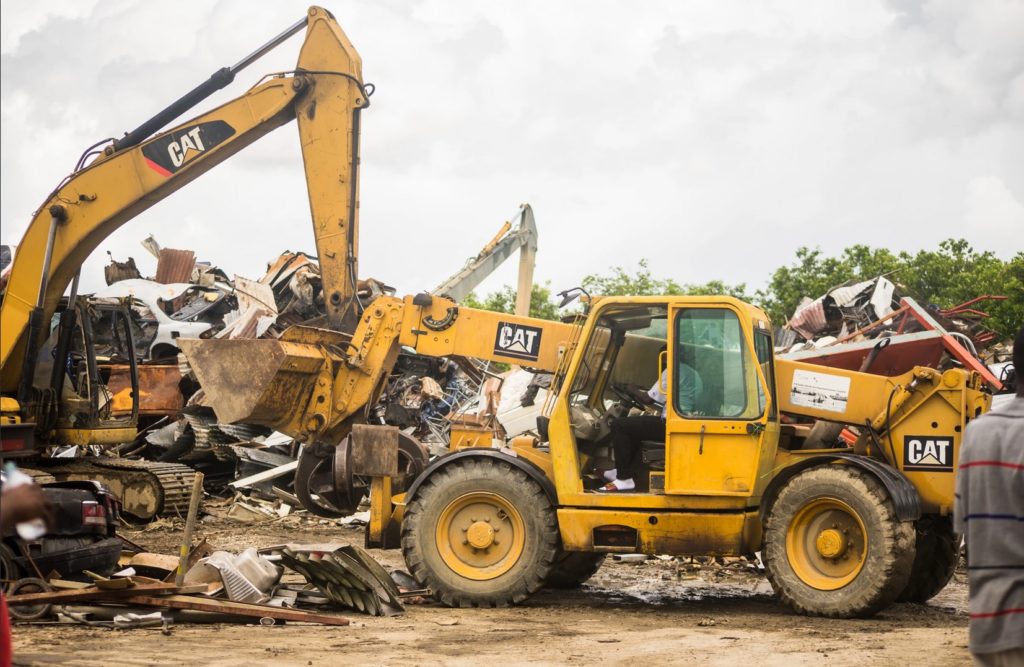

The political executive of Trinidad and Tobago is now considering an outright ban on scrap metal trade in the twin-island Caribbean republic.
This is as a result of copper and scrap iron thieves, who are wreaking havoc on key utilities in the country. In recent months, gangs of thieves have cut power, fibre optic telephone, data cables of telecommunication companies, pipes bringing potable water to villages and towns and other key installations.
This resulted in massive service disruptions that have led to rising anger with the trade. Minister of National Security Fitz Hinds indicated that the Cabinet is considering a six-month ban on the trade altogether.
Opposition to any ban
However, industry experts, led by scrap metal association president Allan Ferguson, are opposing any contemplation of a ban, warning that such a move could lead to a spike in violent crime in a country that is already beset by too many murders, carjackings and other felony crimes.
They suggested a temporary ban on the export of copper to foreign markets while allowing other forms of the scrap sector to operate with improved regulations. The scrap metal traders want a meeting with Prime Minister Keith Rowley this week before embarking on protest action beginning this Saturday.
Scrap metal industry leaders announced the establishment of a special hotline for citizens to call if they notice that facilities belonging to state and private enterprises are being raided for copper and other scrap forms.
In their fight to avoid an outright ban, the scrap metal traders blamed the authorities for dithering on dealing with a copper export ban and regard any outright restrictions on the trade as a mistake, one that would affect the poor.
Minister of Public Utilities Marvin Gonzales indicated that utilities have been forced to spend nearly TT$6 million to replace and repair cables and other equipment as subscribers suffered.
Other Caribbean nations including Jamaica and Guyana have been forced to deal with vandalism linked to the scrap trade by both imposing lengthy bans and heavy fines or by amending legislation governing the trade.







Comments